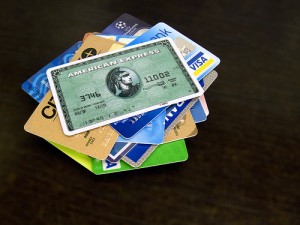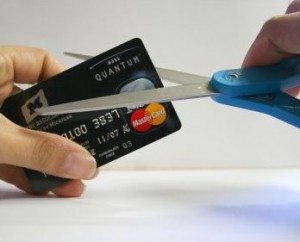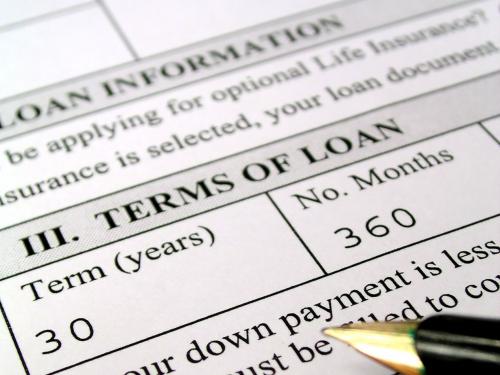While I don’t recommend using credit cards to rack up debt, the unfortunate truth is that maintaining a credit history can be an important part of good finances. After all, your credit history is what determines interest rates and credit-worthiness for even “good” debts like mortgages and (sometimes) car payments. Even if you have a zero tolerance policy when it comes to all debt, your credit history can affect your car insurance rates, job search, and your ability to rent an apartment.
As the economy worsens, credit card companies are looking for excuses to cut spending limits or close accounts. Both of these actions can negatively affect your credit history.
Even if you’re a responsible credit card user, you may be using your card on monthly purchases or charging things just to maintain your credit activity and avoid account closure. Well, it turns out credit card companies could be watching even responsible purchases to weed out users who they deem a poor risk.
Last week, I read an interesting article outlining the top 10 purchases not to make on a credit card. According to the article, credit card companies are watching statements closely to look for “red flags” that may indicate borrowers are in trouble. The most surprising item on the list: bargain shopping. It turns out that using a credit card at a bargain store like Wal-Mart signifies to credit card companies that you may be in financial trouble. Also on the list: tires and other big ticket necessities, marriage counseling, and income taxes.
I don’t know about you, but we’ve definitely charged big ticket items like tires or plane tickets on a credit card just to keep the account active. Even though we have the cash, we make the purchase with a credit card to keep the account active and rack up rewards points, then pay it off immediately when the statement arrives. I had no idea that could lead credit card companies to take action that could negatively affect my credit score.
To me, this is just another reminder of why credit cards stink. On the one hand, they’re necessary to build and maintain a good credit history, but I absolutely hate being at the mercy of a credit card company even now that I don’t carry any consumer debt.


